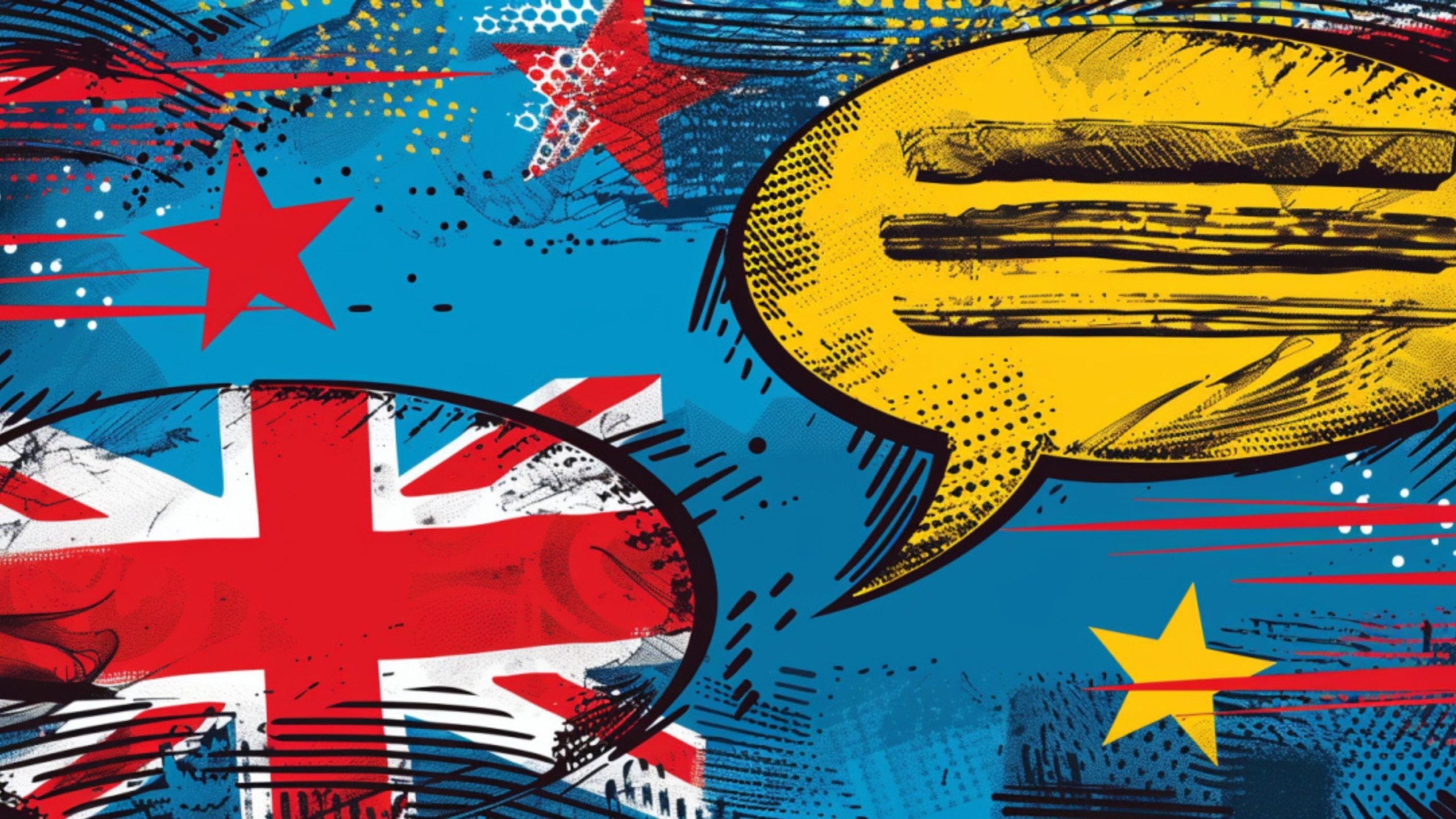The Disinformation Project, launched in early 2020 in New Zealand as a “disinformation research” group, but slammed by critics as seeking to usher in ideological censorship, is no more.
The project is the product of the Covid era, initially focused on what was at the time considered “disinformation” but then branching out to things like vaccine skepticism in general, climate change – and, apparently, even local politics.
The group, which coordinated with the New Zealand government, described its activities as research and analyses of all manner of “extreme conspiratorial beliefs” as well as their compatriots’ “descent” into those.
Critics, however, point out that silencing the opposition, including by supporting “hate speech” laws, was among the activities of the now-shut-down endeavor that was led by Kate Hannah.
These critics accuse the Disinformation Project of moving from being a handy tool for the New Zealand government to spread its narratives promoting COVID-19 measures (some of the most restrictive in the world), to becoming a political weapon promoting a certain agenda.
Back in April, some commentators were concerned about where the Disinformation Project’s shift from the “abandoned pandemic” to political influencing might lead.
We now know that it has led to the group’s demise – but it is only one of the many similar efforts that appeared during the Covid era around the world.
A specific accusation against this one comes from New Zealand-based journalist Chris Lynch, who claims that Hannah, along with Sanjana Hattotuwa, attempted to effectively manipulate the 2023 election in the country by influencing the media via “secretive briefings.”
This didn’t succeed in this instance because they got “called out” – but over the past four years, the Disinformation Project has been accused of getting increasingly desperate to stay relevant, and finding ways to do that, with the policies it pushed accepted without critical examination by the legacy media.
Lynch is optimistic that the demise of this project and the rise of some that challenge the established media-political narratives means that New Zealand has turned the corner when it comes to censorship disguised as concern for democracy and the fight against “disinformation.”
However, it’s equally possible that where one such outfit exits the scene, another, under a different name and leadership but with the same purpose, might take its place.










